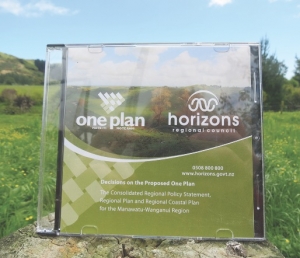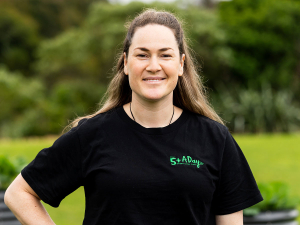But the type and duration of the consent will depend on the efforts farmers have made, or are planning to make, to reduce the leaching of nitrogen from their farms. This affects dairy farms, cropping, intensive sheep and beef and commercial vegetable growers.
“We are committed to economic growth in our region while also being aware of the increasing interest and expectations of the public on environmental issues,” says HRC chairman Bruce Gordon.
“The decision… means all farmers have the security to keep farming as they will be given a consent while they make the changes on-farm to reduce nitrogen entering waterways.”
All intensive farming operations in affected catchments will be given a consent, the duration of which will vary depending on the ability of the consent holder to reduce nitrogen losses. This latest move comes on the eve of hearing of appeals to the High Court over the One Plan by Horticulture New Zealand and Federated Farmers.
It follows a recent stormy public meeting in the Tararua district at which Horizons was criticised for the One Plan and its negative economic impacts on the region. DairyNZ has discussed with HRC the development of practical mitigation strategies to reduce N leaching. DairyNZ criticises some Horizons mitigation strategies.
The council in the past few days has agreed to a proposal giving farmers controlled activity consent up to 25 years if they are meeting required N leaching targets for their farms. Farmers who have a plan in place to reduce N leaching will get a restricted discretionary consent for up to 20 years. But those who refuse to reduce their N leaching will get only five years restricted discretionary consent and will be referred to ‘industry’ to get further help.
A big change in the process is a council plan for a ‘memorandum of understanding’ with industry to develop mitigation strategies, rather than these being imposed by HRC.
The aim seems to be to work with stakeholders. But though the dairy industry has been involved in these new protocols, Horticulture New Zealand – a major stakeholder – has not yet been approached about them.
Questions remain about whether this strategy will work; HRC says it will consider a “plan change” if this implementation strategy is not “economically and environmentally sustainable”. Also possible is that Hort NZ and Federated Farmers may win their case, resulting in further change.

















